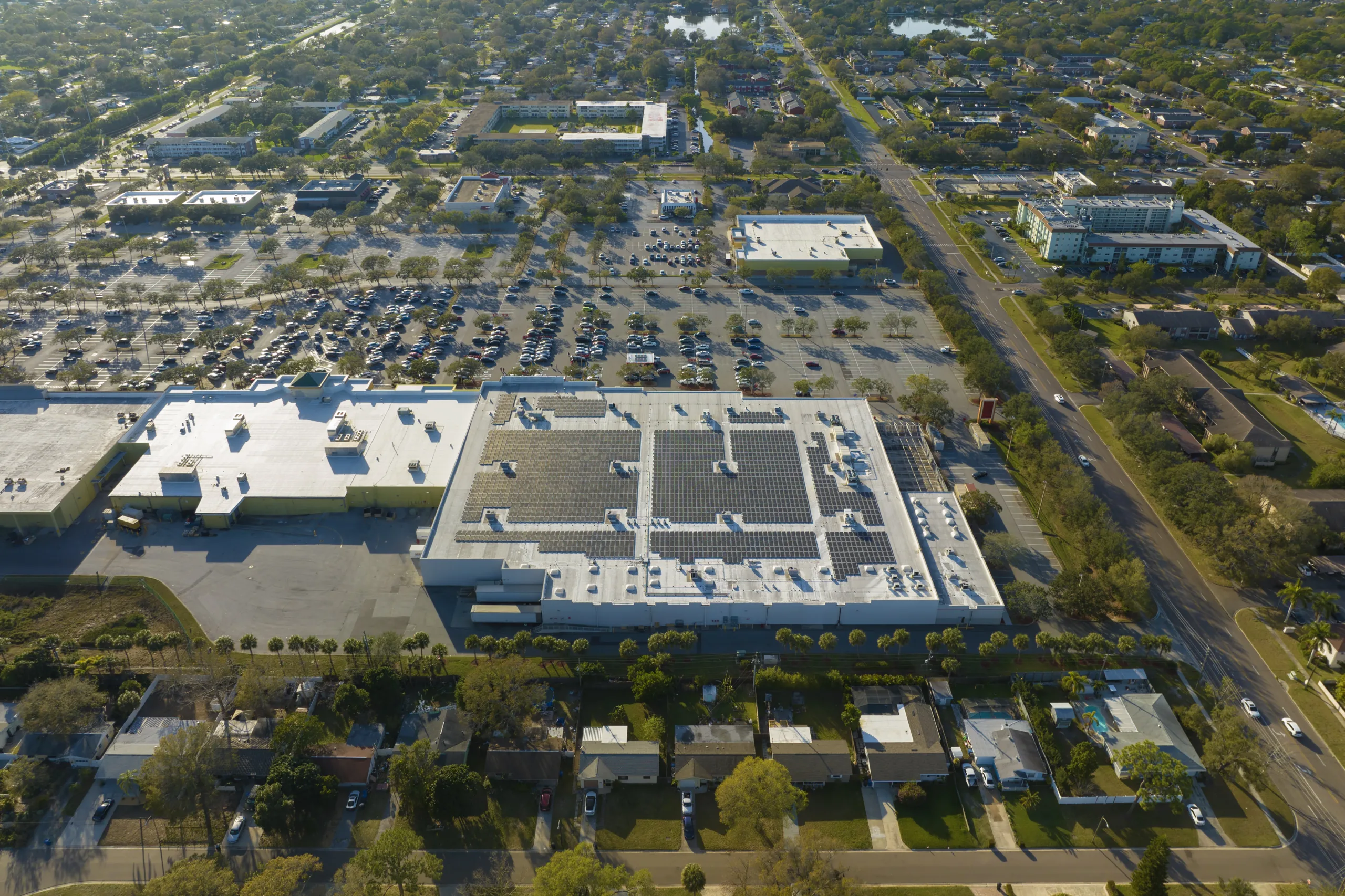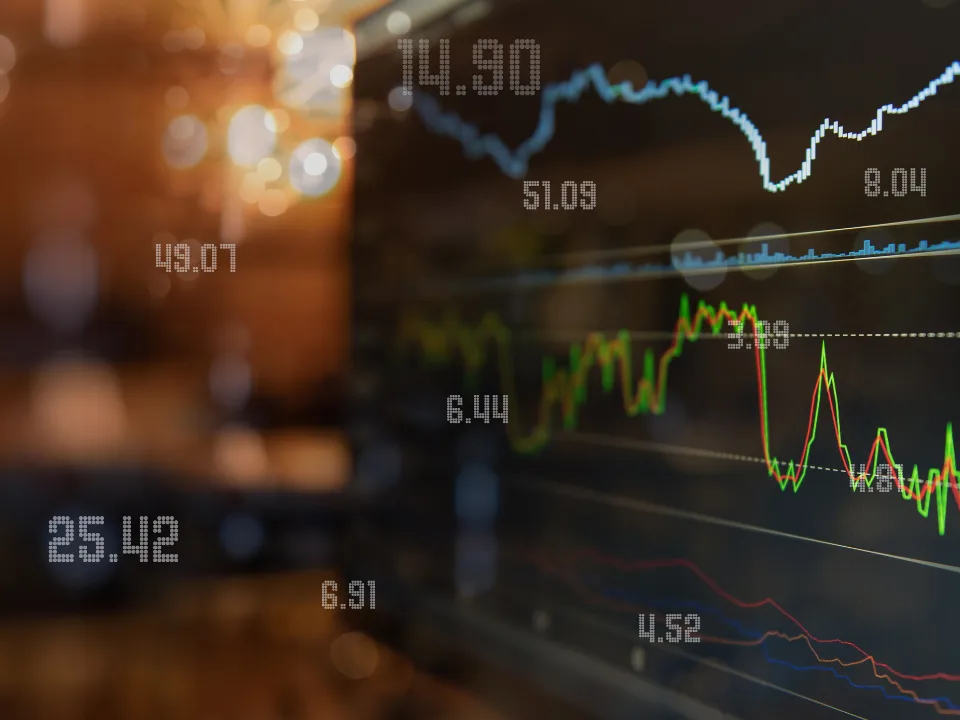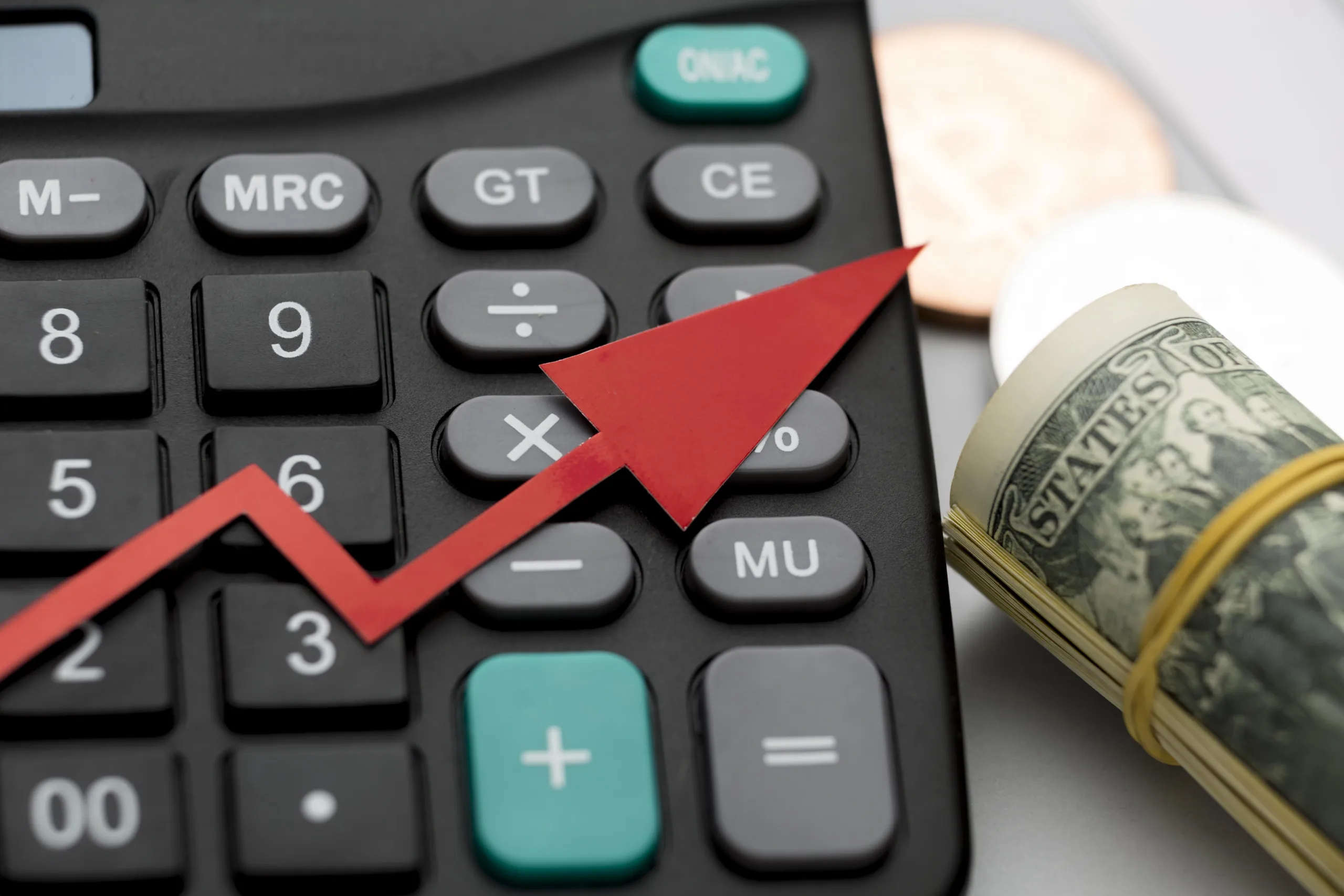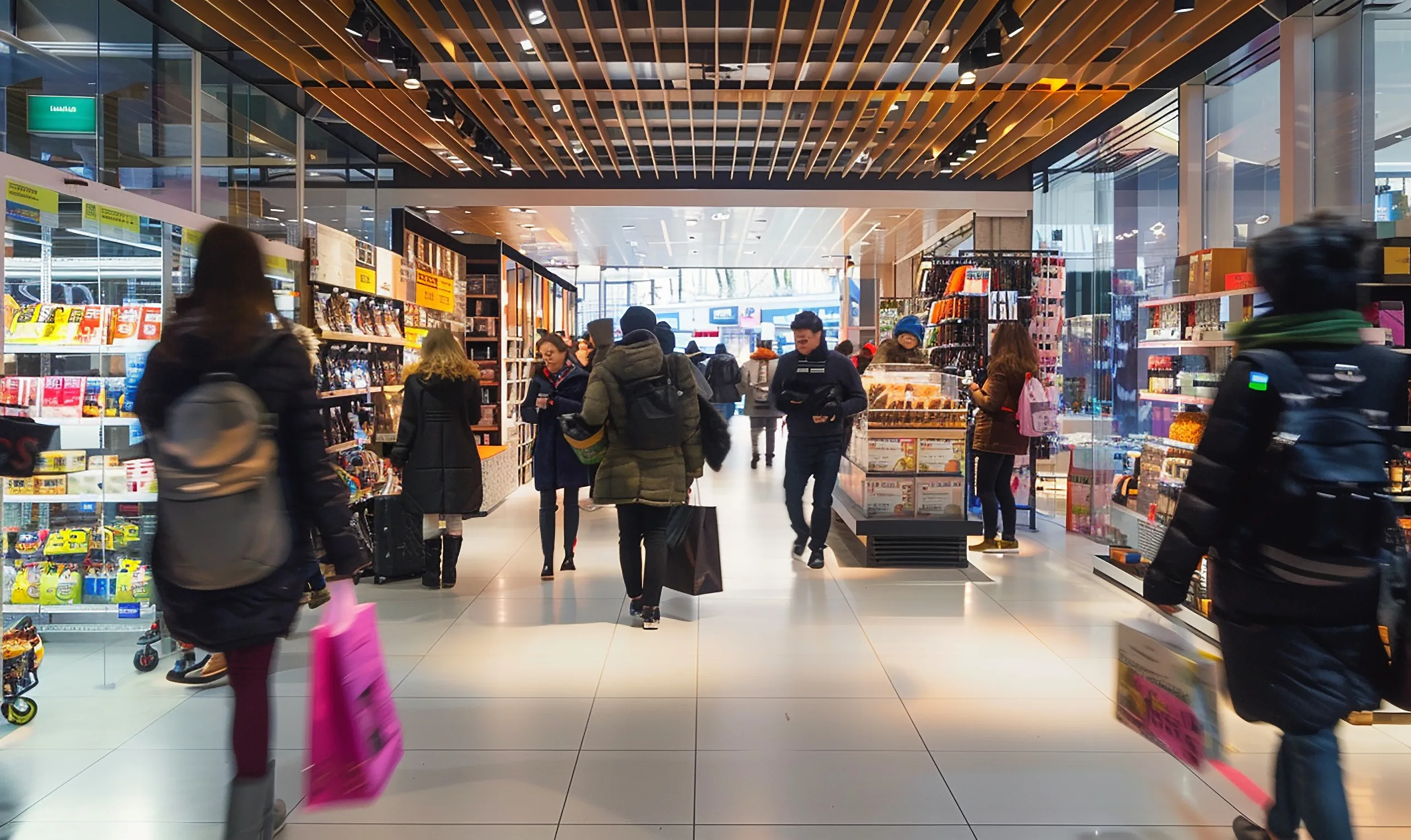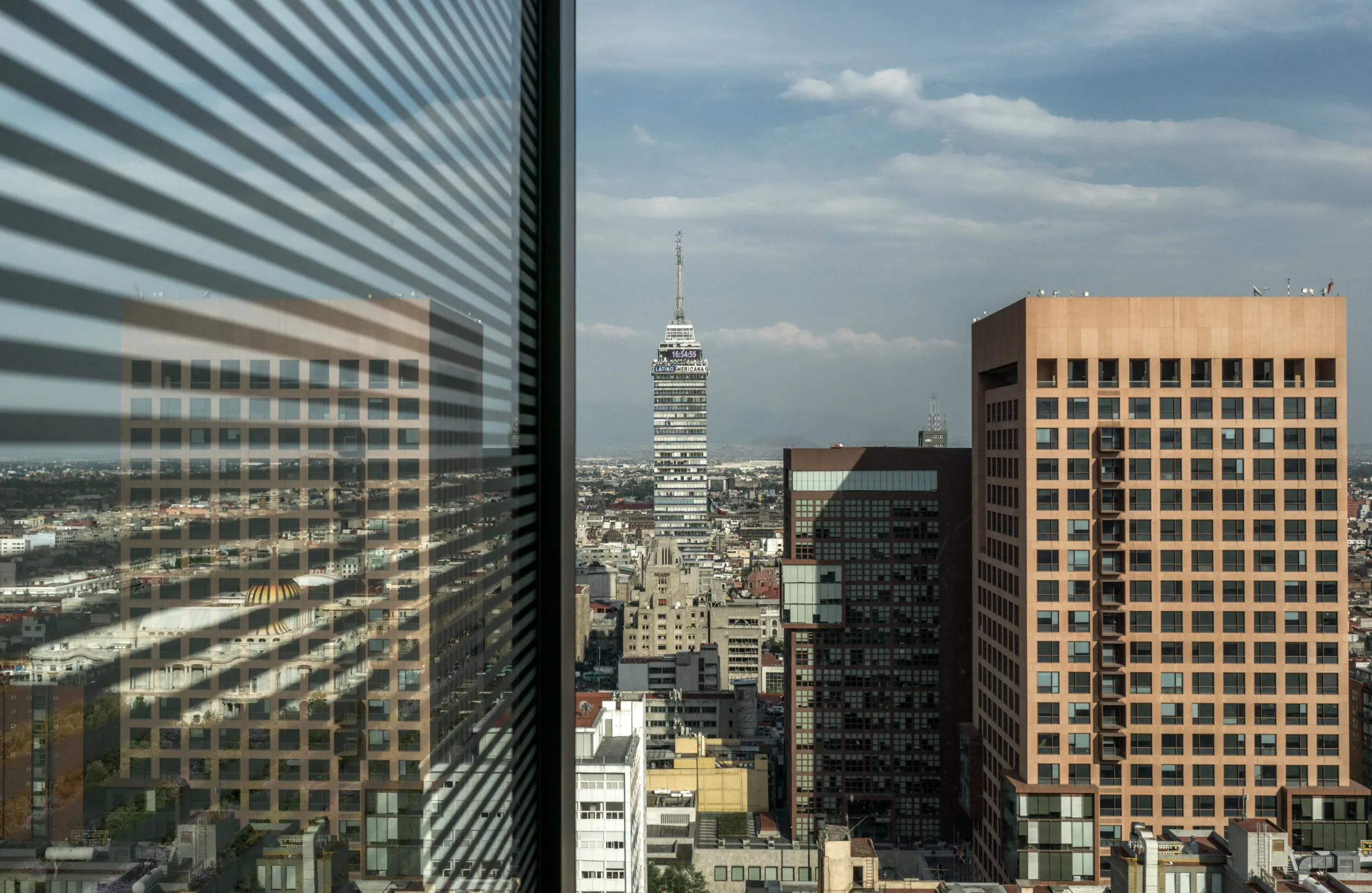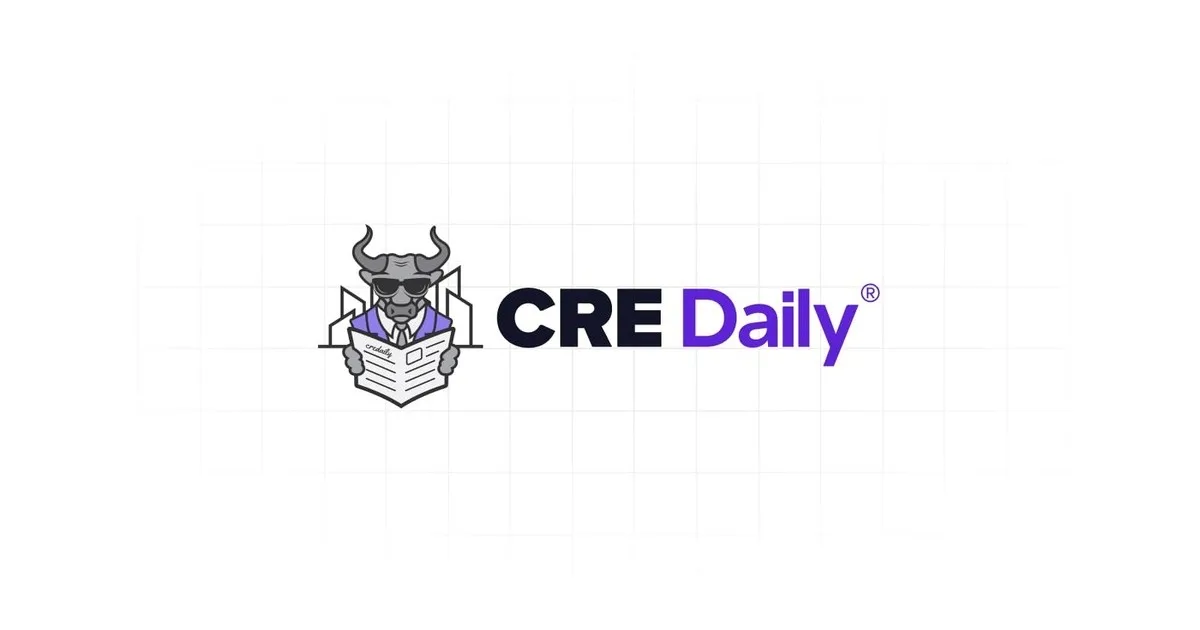- Moody’s Chief Economist Mark Zandi and UBS analysts warn the US economy is “on the precipice” of a downturn as job growth slows and inflation persists.
- August layoffs surged 39% from July, marking the worst August since 2008. Job cuts this year are up 66% compared to 2024, with the federal government leading reductions.
- Tariffs and policy shifts are adding price pressure, raising the prospect of stagflation as consumers begin to feel the squeeze more directly.
- UBS places the odds of recession at 93%, citing weak consumption, income, and industrial production data, along with yield curve inversions and credit stress.
Recession Talk Gains Volume
According to Globe St, after months of relative calm, fears of a downturn are mounting again. At the end of August, Moody’s economist Mark Zandi cautioned the US economy was “on the precipice of a recession,” citing tariff hikes and immigration limits as dual threats to growth and inflation. By September, he sharpened the warning: “It feels like it’s on the brink.”
Jobs at the Center
The labor market is showing strain. Zandi described job creation as slowing to a “virtual standstill.” Private-sector data paints a bleak picture: Challenger, Gray & Christmas reported nearly 86,000 job cuts in August, up 39% from July and the worst August since the Great Recession. Government agencies have announced the most cuts so far this year, totaling nearly 292,000.
Get Smarter about what matters in CRE
Stay ahead of trends in commercial real estate with CRE Daily – the free newsletter delivering everything you need to start your day in just 5-minutes
Inflation Stubbornly High
Even as layoffs climb, prices remain elevated. While tariffs aren’t the main culprit, Zandi warned that consumer costs are set to rise further, making inflation harder to ignore in daily life.
UBS: Not Collapsing—But Close
UBS economists put the probability of recession at 93% after analyzing key NBER data points from May to July, calling current readings “historically worrying.” Yield curve inversions remain deeply negative, and credit markets also flag heightened risk. Still, UBS added that the US economy is “soggy, soft, weak, yes, but not collapsing.”
Why It Matters
A sharp slowdown or recession would reverberate across financial markets, housing, and consumer spending—key engines of US economic growth. With inflation still sticky, policymakers could face difficult choices that risk tipping the economy into stagflation.
